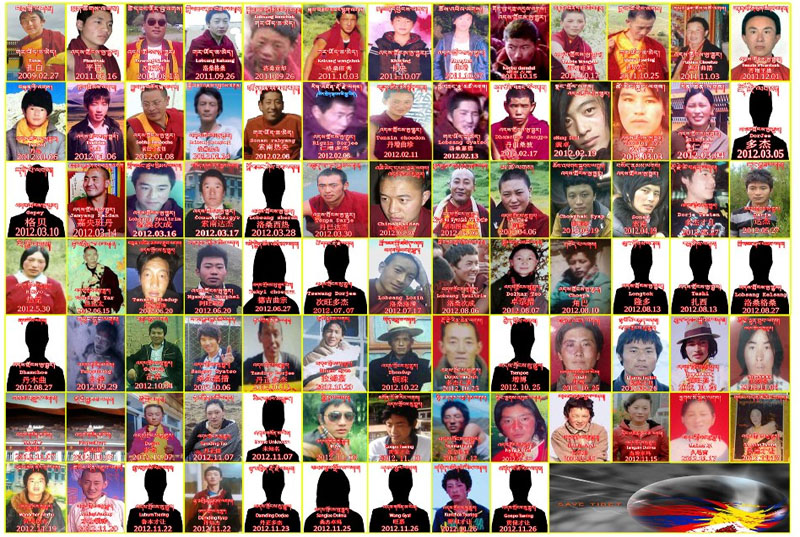VOA News

Map of self-immolations in Tibet, or near Tibet
Monitors say a 24-year-old Tibetan man set himself on fire Saturday outside a monastery in China's southwestern Sichuan province, a region heavily populated by ethnic Tibetans who protest China's policies in their nearby homeland.
A statement Sunday from the organization "Free Tibet" said the man self-immolated Saturday afternoon, drawing a large detachment of police and security personnel who took him into custody.
Witnesses are quoted as saying Pema Gyaltsen was thought to be alive when arrested.
But the statement said activists have been unable to confirm his current condition or whether he survived the ordeal.
The statement also said police remained in the area to prevent the spread of information, and that Internet service in the region was cut.
Analysts say Saturday's self-immolation is the first in the disputed region since December, when another male set himself on fire and died.
Free Tibet says more than 140 Tibetan protesters have set themselves on fire since 2009, when anti-China protesters -- most of them monks and nuns -- began self-immolating to protest what locals describe as Chinese interference in Tibetan customs and religious practices.
The majority of those protesters have died.
Protesters also have sought to bring attention to demands for the return of their exiled Tibetan spiritual leader, the Dalai Lama.
Chinese authorities last decade criminalized self-immolation protests, and local courts have imprisoned scores of people for their alleged roles in supporting the protests.

The statement also said police remained in the area to prevent the spread of information, and that Internet service in the region was cut.
Analysts say Saturday's self-immolation is the first in the disputed region since December, when another male set himself on fire and died.
Free Tibet says more than 140 Tibetan protesters have set themselves on fire since 2009, when anti-China protesters -- most of them monks and nuns -- began self-immolating to protest what locals describe as Chinese interference in Tibetan customs and religious practices.
The majority of those protesters have died.
Protesters also have sought to bring attention to demands for the return of their exiled Tibetan spiritual leader, the Dalai Lama.
Chinese authorities last decade criminalized self-immolation protests, and local courts have imprisoned scores of people for their alleged roles in supporting the protests.

Aucun commentaire:
Enregistrer un commentaire